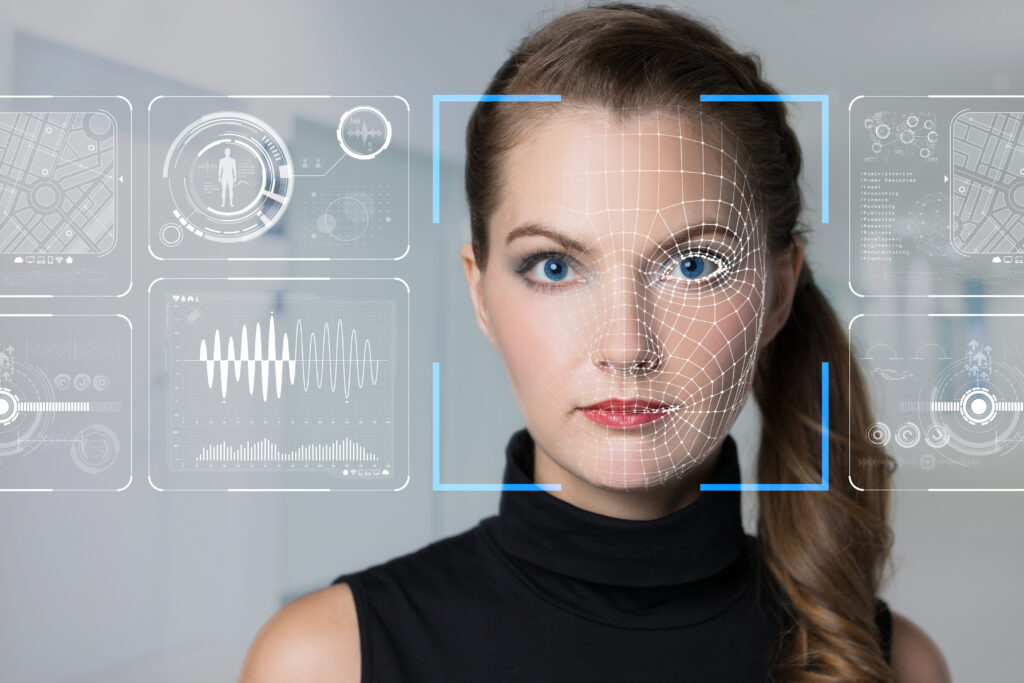




Facial recognition technology is everywhere these days. It speeds up airport security checks, unlocks our smartphones with a glance, and even helps identify shoplifters in stores. But behind these conveniences lies a growing concern: what happens to our digital identities when our faces are just another piece of data floating around the internet? This is where an innovative AI tool called Chameleon enters the picture, promising to protect our faces from unwanted recognition while maintaining the integrity of our photos.
Imagine breezing through a TSA checkpoint at the airport. No need to fumble for your ID; a quick scan of your face does the trick. Facial recognition systems are becoming standard for these processes, and it’s easy to see why. They’re fast, efficient, and reduce human error. Similarly, driver’s licenses in some states now include facial recognition checks to prevent identity fraud during renewals.
But what about the flip side? Your vacation selfies on social media, or that headshot on LinkedIn, can be scraped by malicious actors and fed into unauthorized databases. These databases can be used for anything from targeted advertising to more sinister purposes like stalking or identity theft. In some cases, even law enforcement agencies have used these databases without clear regulations, raising serious privacy concerns.
FuturityDPA Magazine
Developed by researchers at Georgia Tech, Chameleon aims to counter these risks by creating “invisible digital masks” for personal photos. The idea is simple but powerful: upload a photo, and the AI subtly alters facial features in a way that’s invisible to humans but confuses facial recognition systems. The result? When someone tries to scan your image, it won’t match your real face.
DPA MagazineGeorgia Tech Research
What sets Chameleon apart is its consistency. Unlike earlier tools that needed different masks for every photo, Chameleon generates a single, personalized mask for all of your images. This means you don’t have to worry about inconsistencies that might give away the game. And tests show it works better than existing privacy tools, offering stronger protection without noticeable changes to the image quality.
Futurity
So, where would this be useful? Picture this: you want to share family photos online but are worried about them being scraped by AI companies or bad actors. Applying a Chameleon mask means you can post those memories without fear of your face becoming part of a facial recognition database. For journalists or activists working in sensitive areas, it could be a lifeline, helping protect their identities from authoritarian surveillance.
Georgia Tech Research
However, it’s not a magic bullet. Using a Chameleon-masked photo on your passport or driver’s license would create chaos at the airport or DMV. Official identification systems rely on high-fidelity images that match your real-world appearance precisely. Altering those images, even slightly, could lead to security issues or even legal trouble. Therefore, Chameleon’s real value lies in protecting casual, everyday photos rather than official documents.
FuturityDPA Magazine
Chameleon represents more than just a technical achievement; it’s part of a broader push toward ethical AI. As facial recognition technology becomes more advanced, tools like Chameleon give individuals more control over their digital identities. The research team plans to make the code publicly available, encouraging further innovation and collaboration.
DPA Magazine
This is crucial because the landscape of AI and privacy is still a bit of a Wild West. Laws haven’t caught up with technology, and companies often operate in a legal gray area. By giving people the tools to protect themselves, Chameleon helps level the playing field.
Facial recognition isn’t going away, and in many ways, it makes life easier. But as we embrace these conveniences, we also need to think about the cost. Tools like Chameleon offer a glimpse into a future where we don’t have to choose between privacy and practicality. They remind us that our faces aren’t just data points—they’re part of who we are. And we deserve to control how they’re used.
Sources: